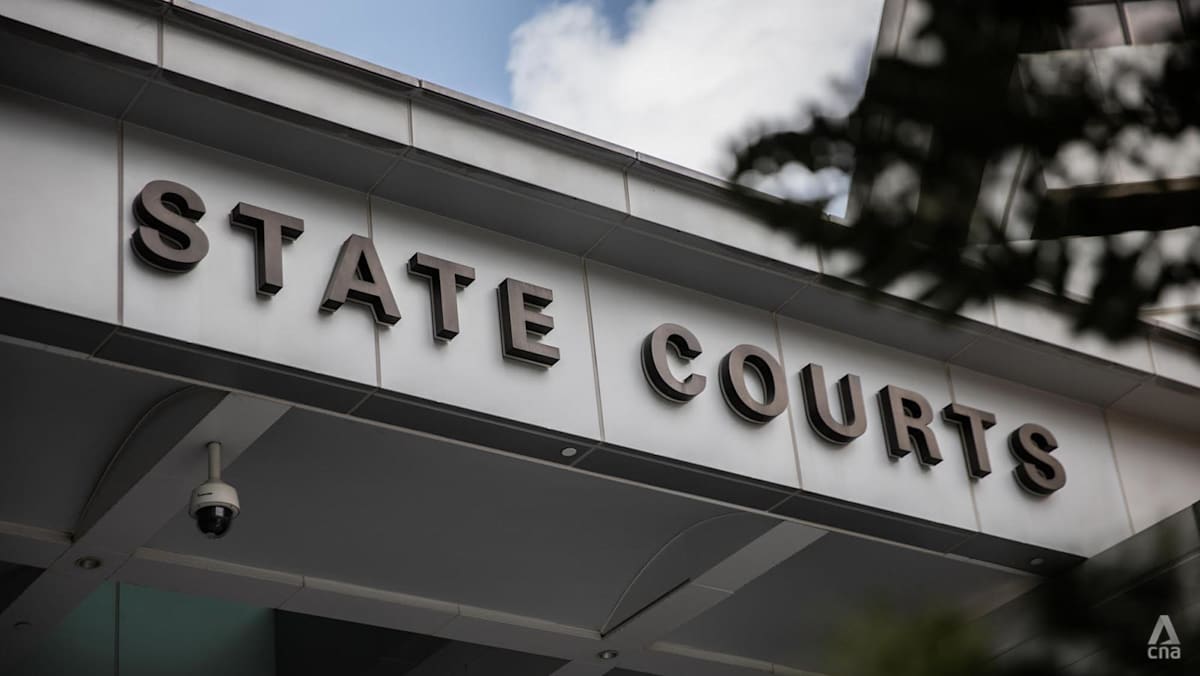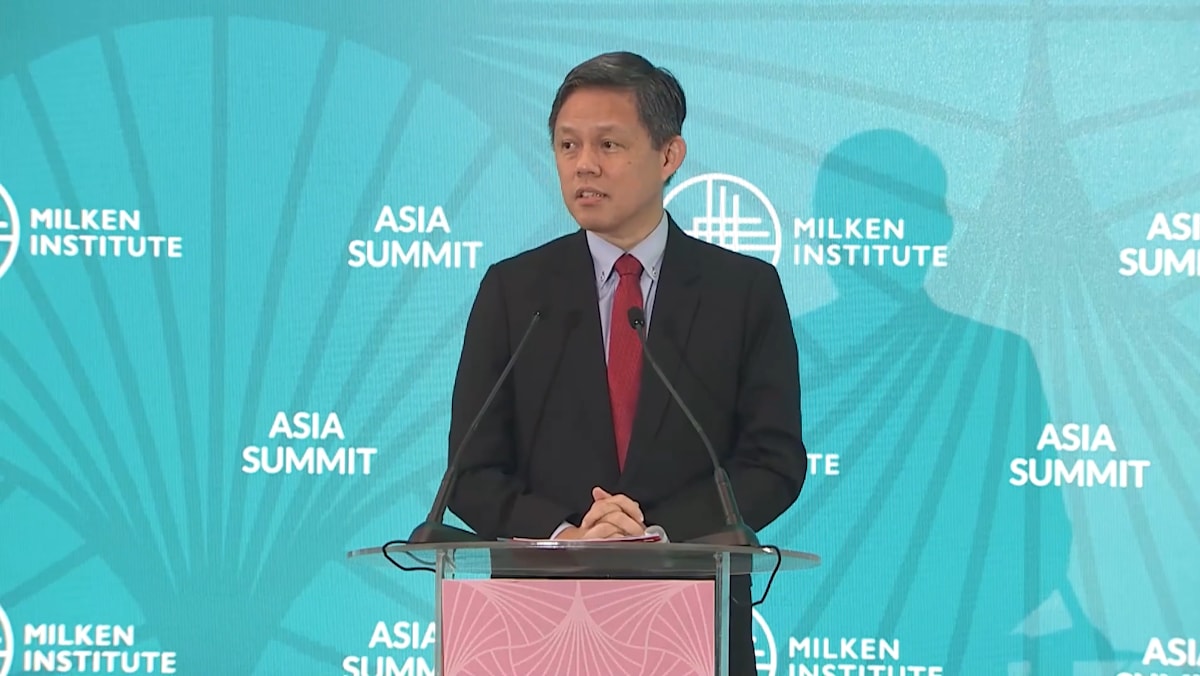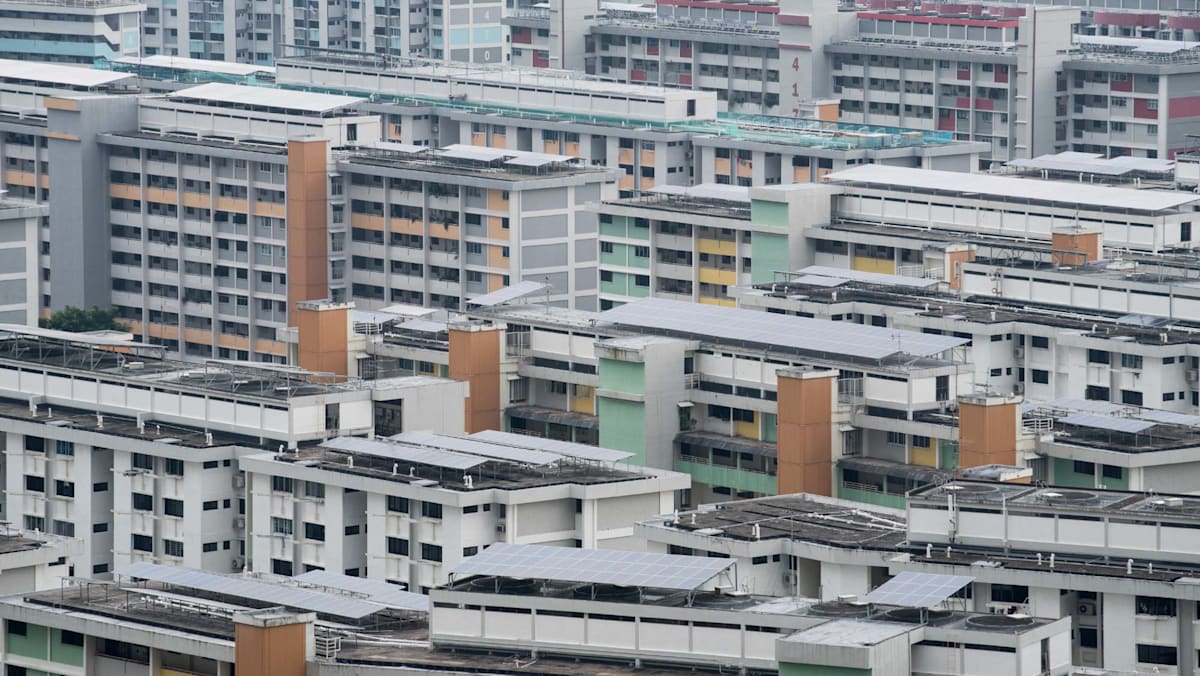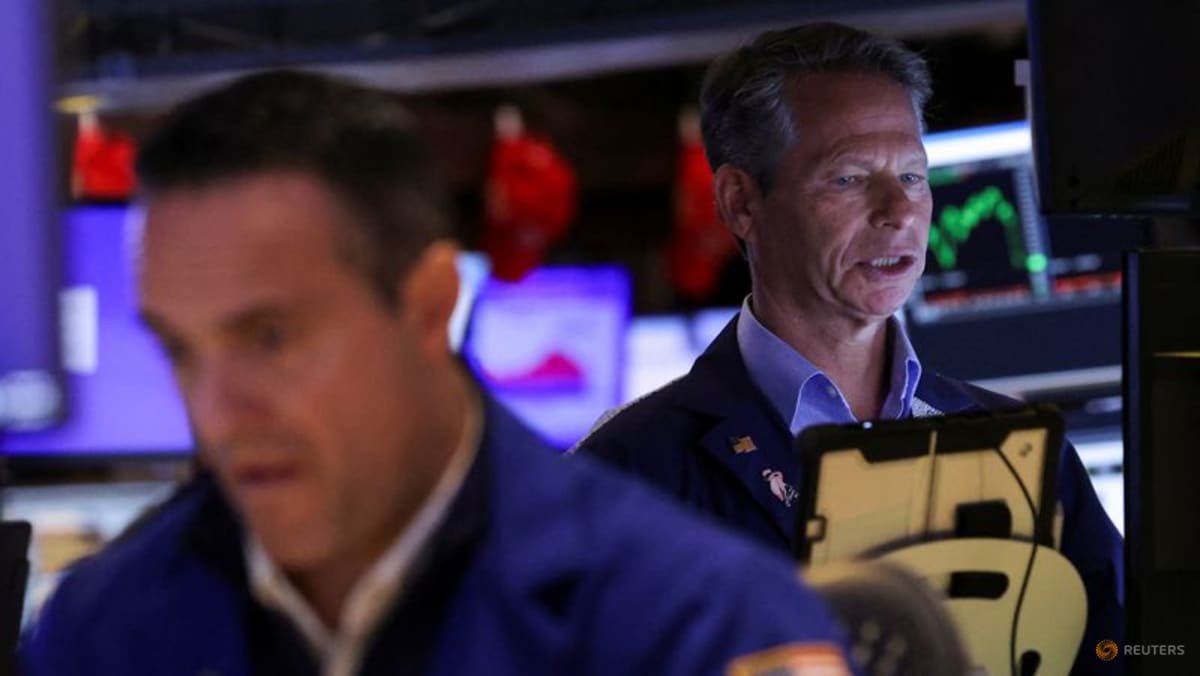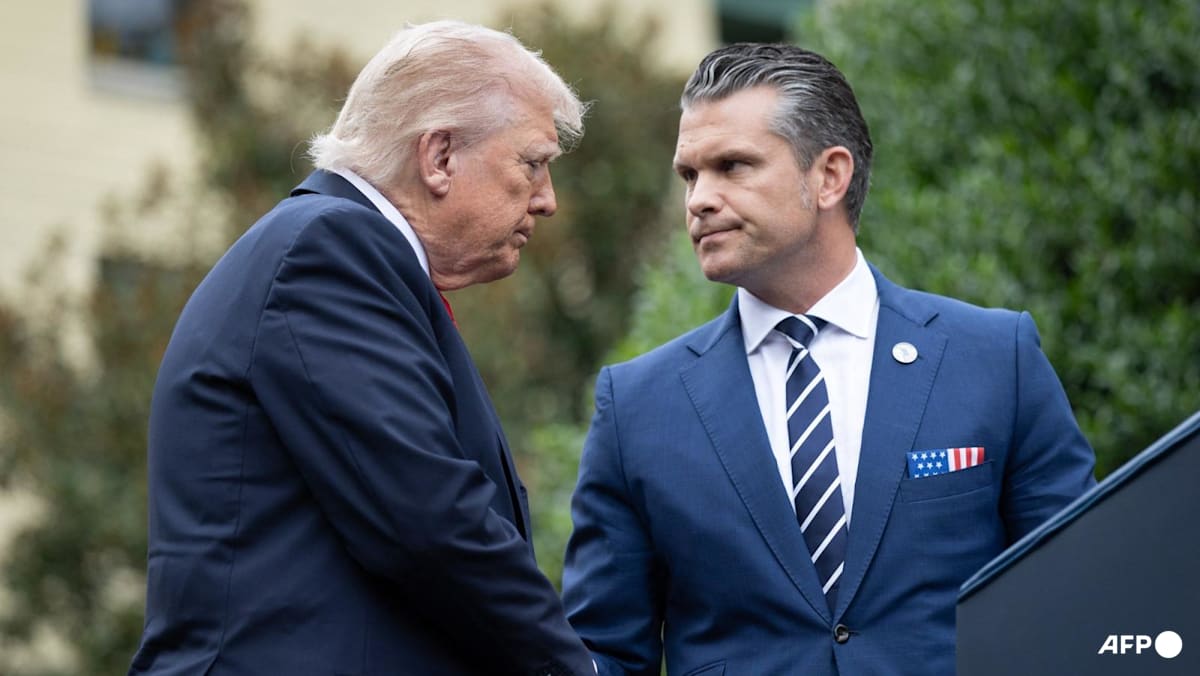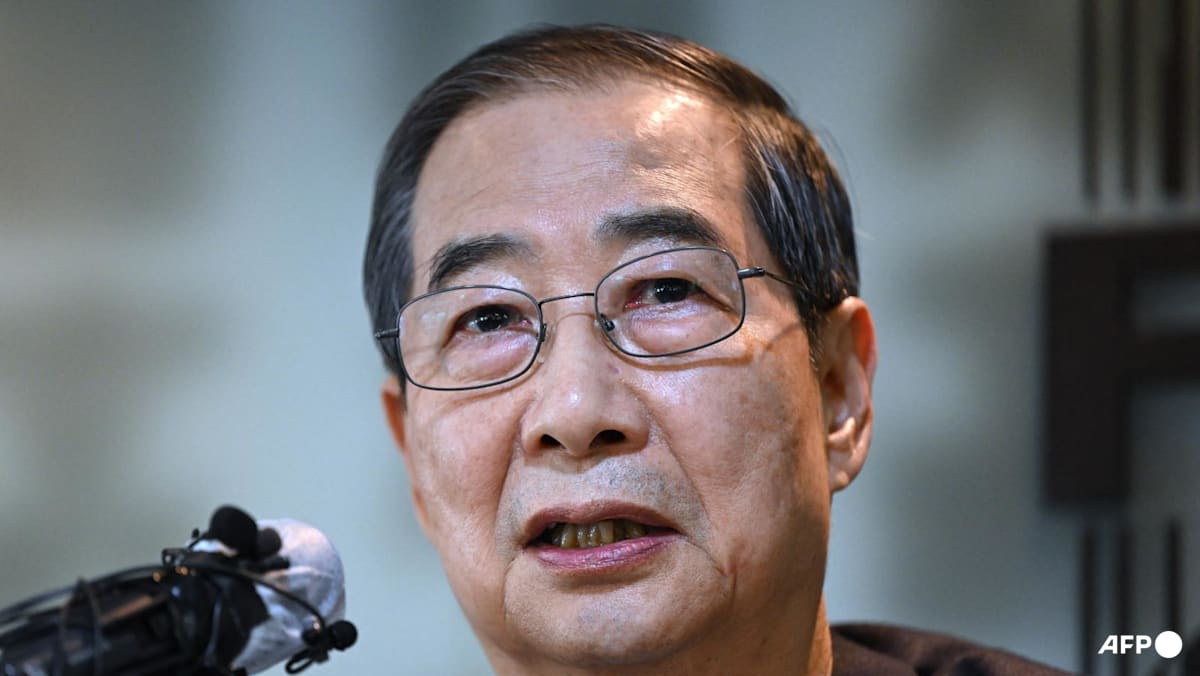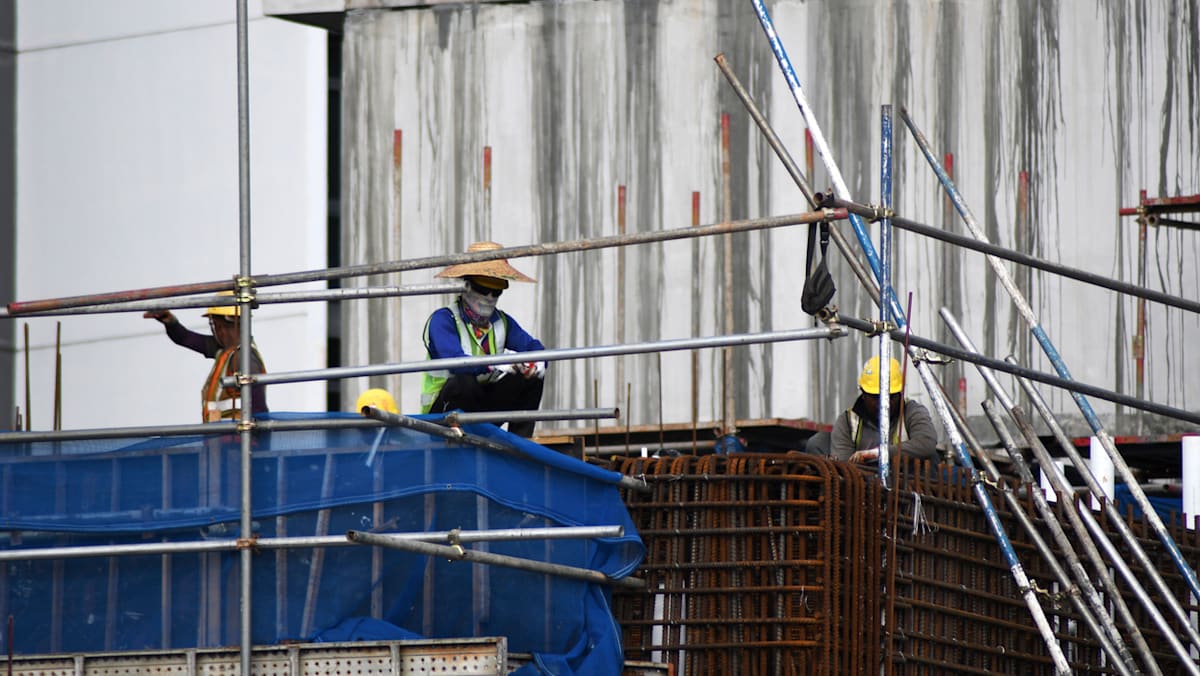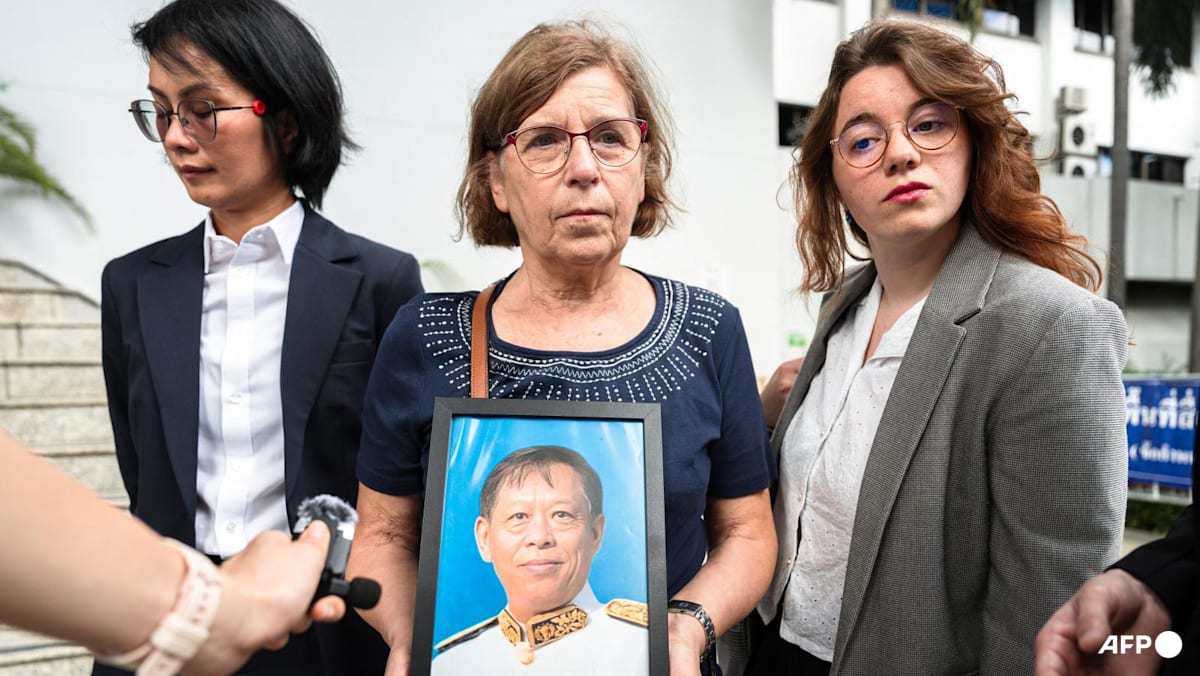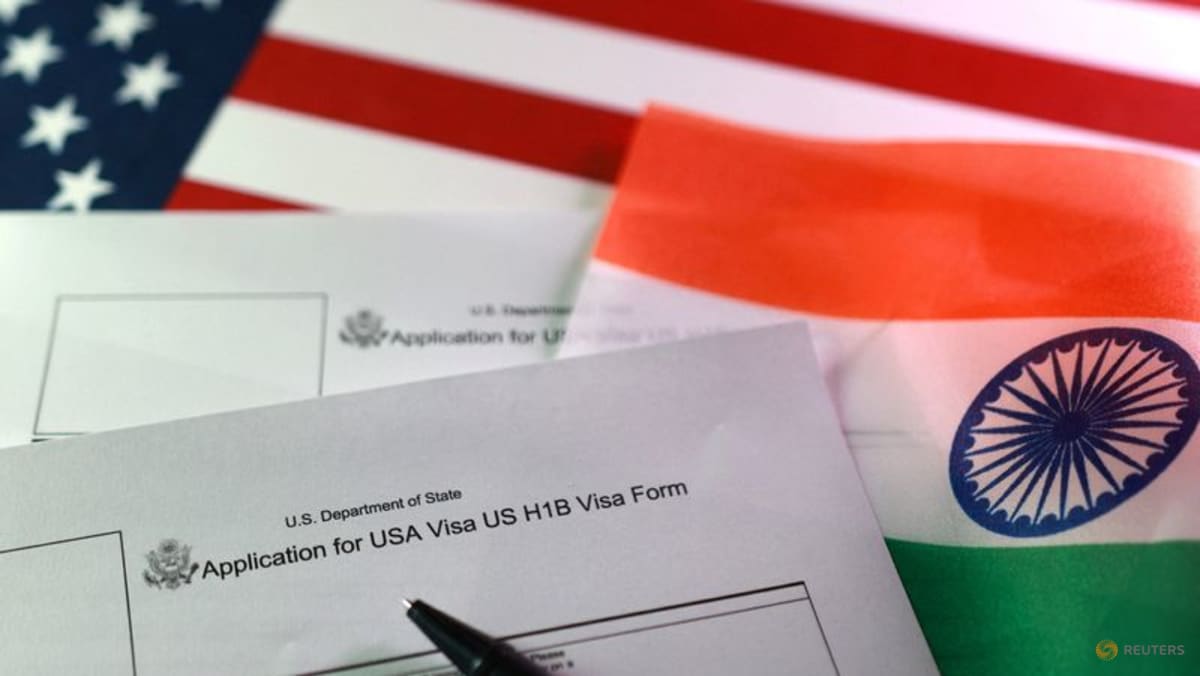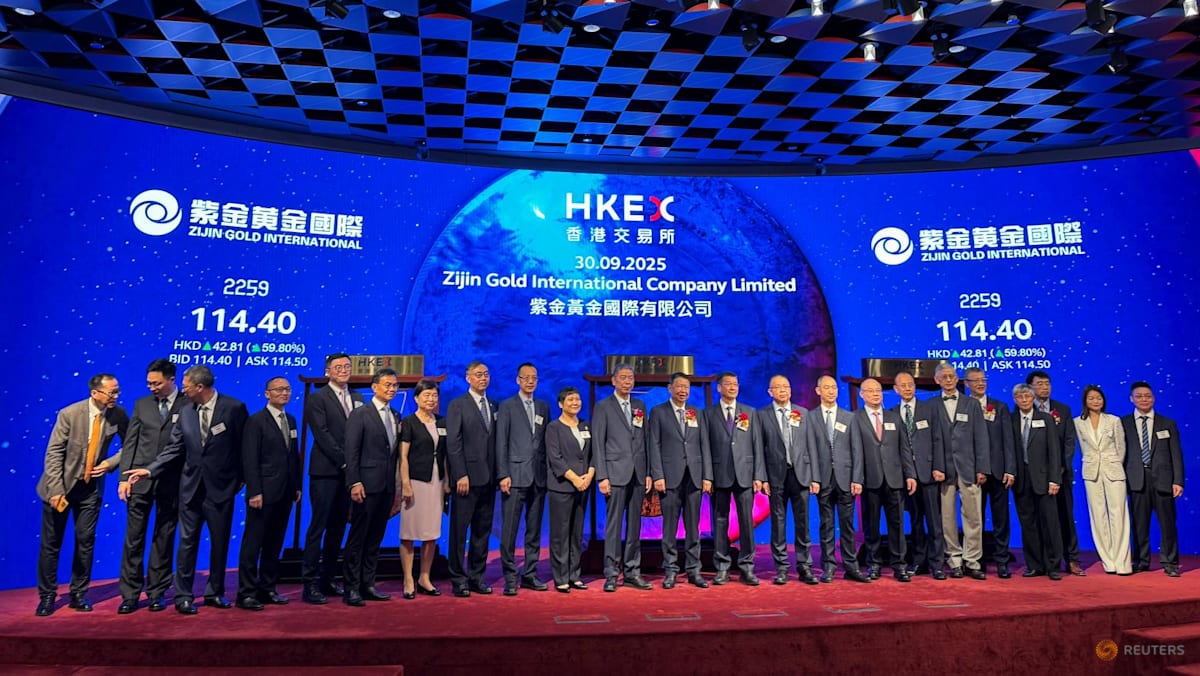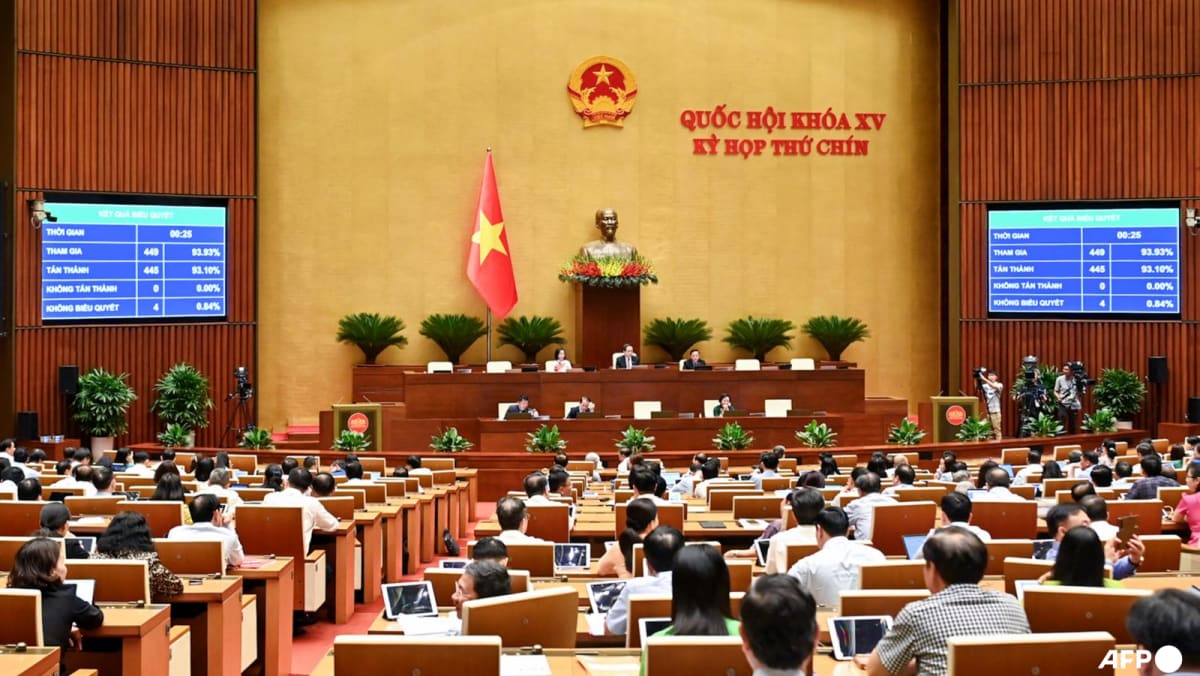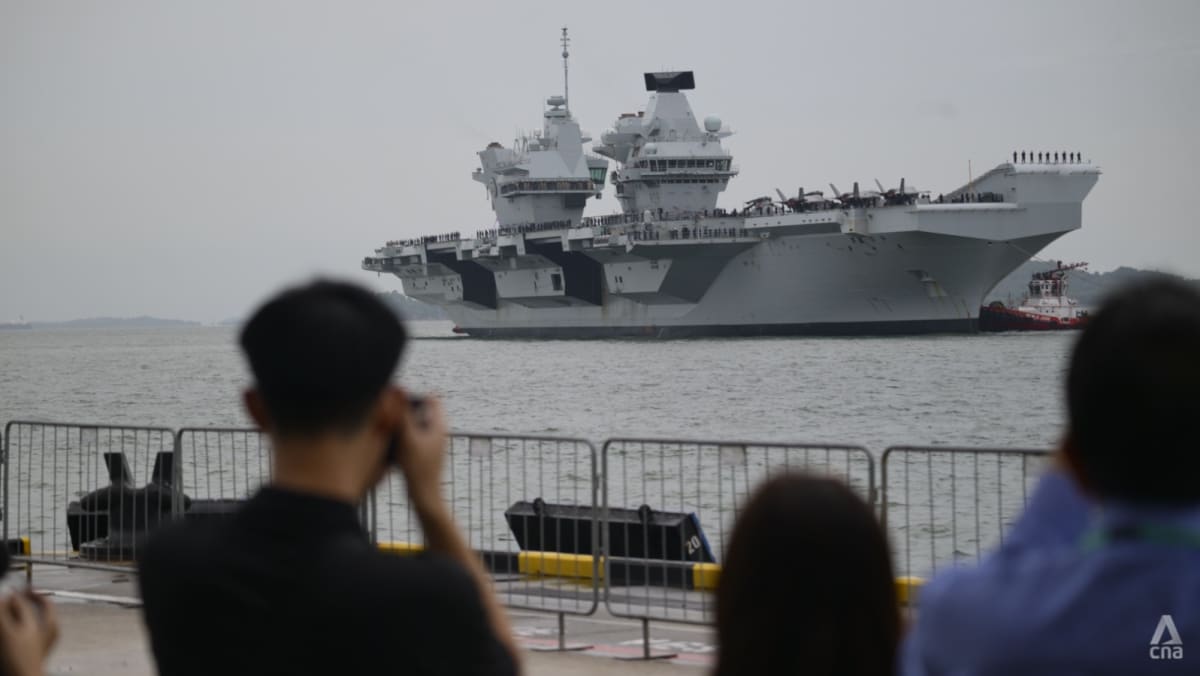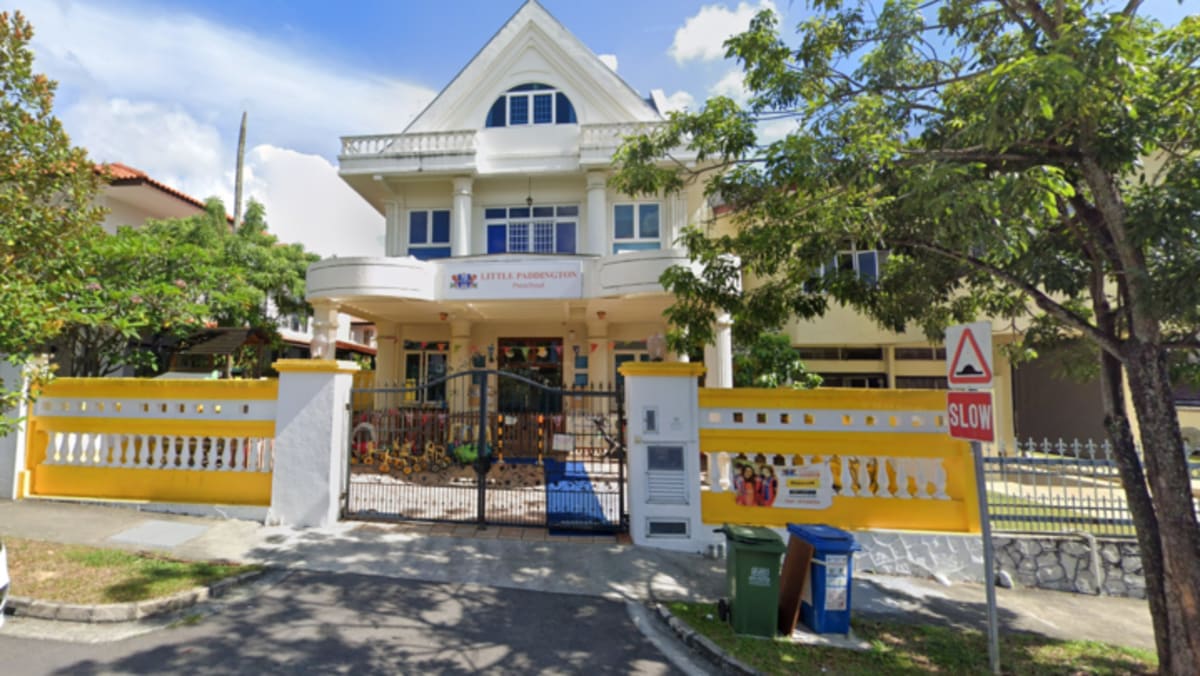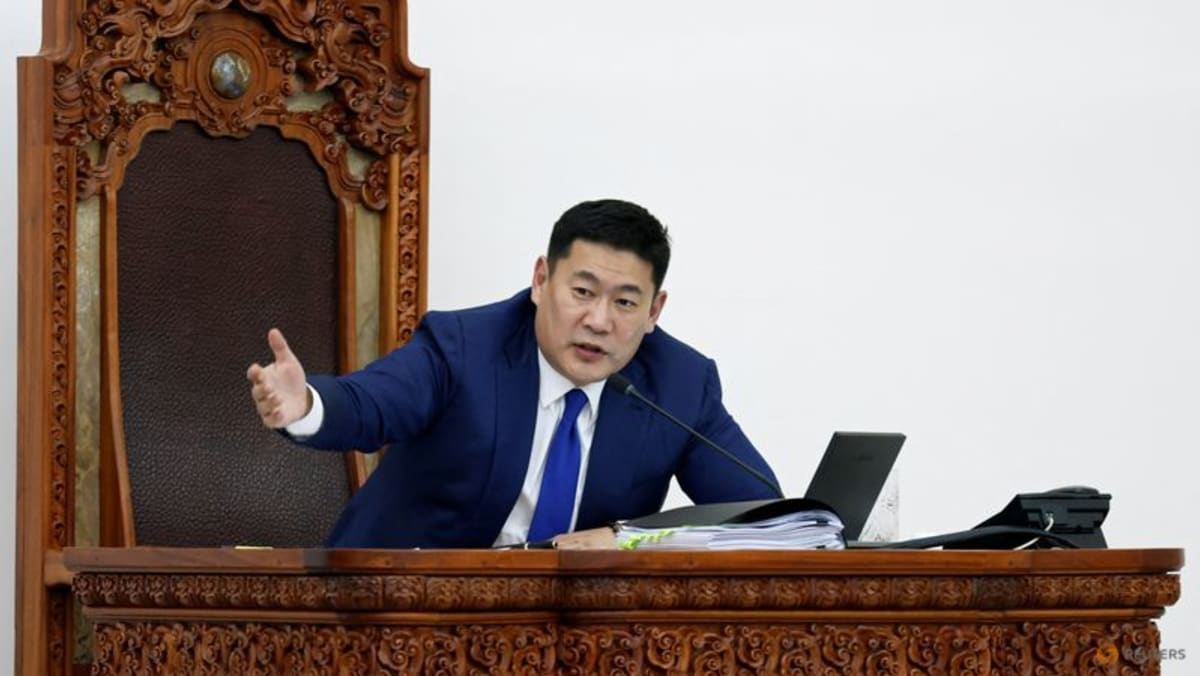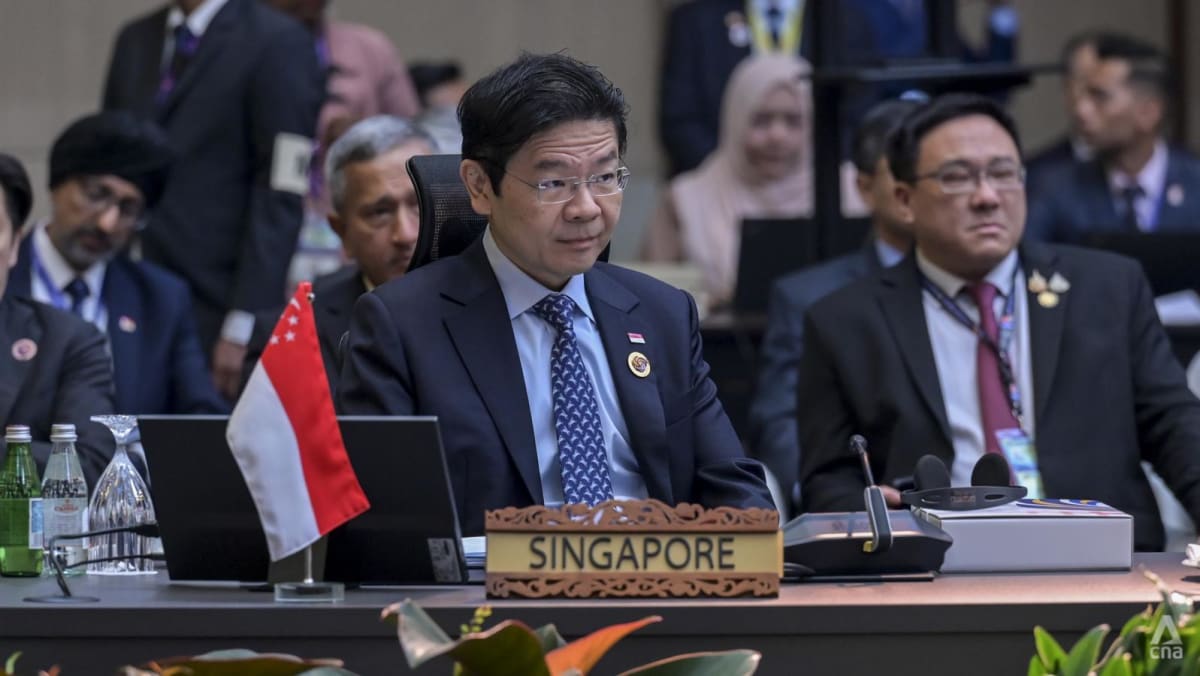KUALA LUMPUR: The upcoming joint meeting between ASEAN’s foreign and economic ministers is a rare occurrence, with analysts calling its revival a “dramatic shift” in the bloc’s strategy and a response to a “more volatile global landscape”.
The first known joint meeting took place in 1999, and while a similar meeting was planned in 2003, there is no public record of it taking place. This means the upcoming meeting could be the first in 26 years.
The upcoming meeting was revealed last Friday (Jul 11) by Malaysian Foreign Minister Mohamad Hasan after a gathering with his counterparts from the Association of Southeast Asian Nations (ASEAN), saying it would be aimed at developing a “more coordinated regional response to economic headwinds and rising trade tensions”.
The four-day meetings had taken place amid geopolitical and trade uncertainties as United States President Donald Trump announced revised tariffs on countries, including those in Southeast Asia.
ASEAN secretary-general Kao Kim Hourn told news agency Bernama last Friday that the date of the joint meeting has not been fixed, but it will be before the leaders' summit scheduled to take place in Kuala Lumpur from Oct 26 to Oct 28.
Analysts described the revived meeting as a move towards "strategic pragmatism," reflecting ASEAN’s heightened awareness that economic decisions can no longer be divorced from political realities and that they can no longer work in silos.
"The joint meeting of ASEAN’s foreign and economic ministers is not just symbolic, it reflects a conscious move towards policy integration in response to a more volatile global landscape," said Khoo Ying Hooi, from Universiti Malaya's International and Strategic Studies Department.
Khoo added that external shocks such as escalating trade tariffs, supply chain vulnerabilities, and intense strategic competition between major powers are compelling ASEAN to project greater coherence and agility.
"While long overdue, this convergence indicates ASEAN's recognition that siloed governance is no longer tenable," she said.
ASEAN is currently made up of 10 member states, with Timor-Leste expected to officially become its 11th member state at the upcoming leaders’ summit in October 2025.
With a population of around 700 million people, ASEAN is the fifth-largest economy in the world with a combined gross domestic product of US$3.9 trillion.
A RESPONSE TO GEOECONOMIC TURMOIL
As early as 1987, ASEAN's heads of government recognised the importance of holding joint ministerial meetings if needed to enhance coordination.
In the joint communique of the third ASEAN Heads of Government meeting in Manila that year, they agreed that a “Joint Ministerial Meeting of Foreign and Economic Ministers may be held, as and when necessary”.
The first joint meeting of finance, central bank governors, and foreign ministers took place in November 1999, in Manila, Philippines on the eve of the 3rd ASEAN Informal Summit, due to the challenges raised by the Asian financial crisis.
“The ministers found it necessary to meet jointly because, as the recent financial crisis has shown, the utmost consultation and coordination must be undertaken among themselves and their ministries in order for the ASEAN member countries and governments to effectively meet the challenges facing the region,” read the meeting’s communique.
In 2003, the foreign ministers said at their meeting in June that they looked forward to the joint ministerial meeting before the Bali leaders’ summit in October 2003, but there is no record of the 2003 meeting taking place.
"In this regard, we stressed the need to revive the Joint Ministerial Meeting (JMM), which would function as a filtering mechanism that would enable us to focus on the most important issues of common concern," read the summit statement.
Sharon Seah, a senior fellow at the ISEAS-Yusof Ishak Institute, said that coordination between foreign and economic policy agendas is not new, and has been conducted at regional levels before in times of crisis.
She said the latest push for such joint meetings is a direct response to the "securitisation of economic issues," a phenomenon Malaysian Prime Minister Anwar Ibrahim has termed the "weaponisation" of trade.
"Whatever the terms are, it is clear that in this global trade upheaval, political and economic issues are being thrown into the fray without due regard to safeguards and this is dangerous because it forces countries into a default quid pro quo situation," said Seah.
"The kind of unhealthy 'transactionalism' in international politics that we see today will only deepen," she added.
Agreeing, Habib Dzakwan, a researcher at the Department of International Relations of the Centre for Strategic and International Studies (CSIS) Indonesia, said that the convergence signalled a "recalibration” in ASEAN’s strategic direction.
"During the heyday of globalisation, ASEAN has been trying to de-securitise or de-politicise economic matters to allow development priorities to take the lead.
“However, I sense that some member states are cognisant that going forward, room to decouple the two is getting smaller. This does not mean a dramatic shift in ASEAN approach. It is just the way some states are adapting to great power competition or open conflicts that reshape the economic arena," he said.
The urgency is underscored by recent US tariff announcements that will impact economies all over the world, said analysts.
Malaysia, who is this year's ASEAN chair, faces a 25 per cent tariff from Aug 1, with Laos and Myanmar facing 40 per cent, Cambodia and Thailand 36 per cent, Indonesia 19 per cent, Vietnam 20 per cent (and 40 per cent on trans-shipments), and the Philippines and Brunei 20 per cent and 25 per cent respectively.
ASEAN and China are each other’s largest trading partners. ASEAN is also the US’ fourth-largest trading partner. The US is also the largest source of foreign direct investment in the bloc.
From a diplomatic standpoint, the joint ministerial meeting's core objective is to signal ASEAN’s determination to preserve its individual and regional agency, as well as strategic autonomy, said Dzakwan.
“What differentiates it is that geopolitical tensions are now much more complex by the rise of industrial policies and the unilateral use of economic statecraft," said Dzakwan.
He said that economically, the aim of the meeting is to reaffirm ASEAN's inclusiveness and openness for business.
Khoo added that the meeting aimed to reinforce ASEAN’s relevance and unity amidst intensifying geopolitical contestation.
"It provides a platform to formulate a shared response, however modest, to issues like US tariffs and broader trade tensions," she said, highlighting the economic objective to "advance regional resilience through strengthened supply chains, market diversification, and collective hedging against protectionism."
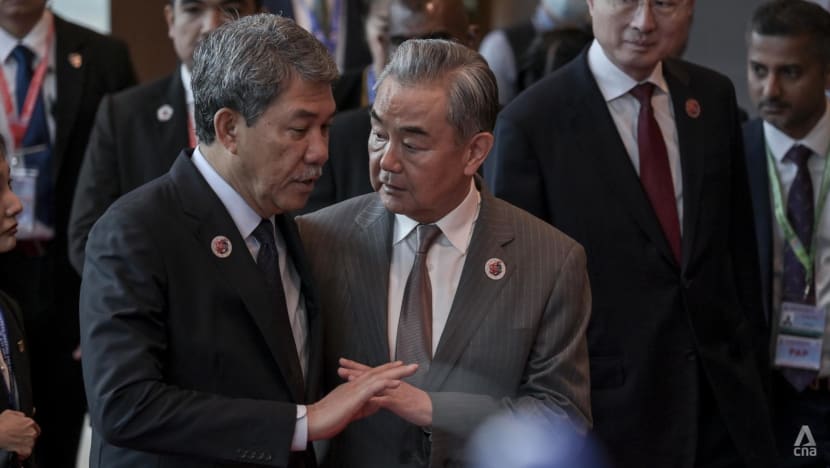 Chinese Foreign Minister Wang Yi (right) with Malaysia Foreign Minister Mohamad Hasan after the ASEAN Post-Ministerial Conference with China at Kuala Lumpur Convention Centre on Jul 10, 2025. (Photo: CNA/Fadza Ishak)
Chinese Foreign Minister Wang Yi (right) with Malaysia Foreign Minister Mohamad Hasan after the ASEAN Post-Ministerial Conference with China at Kuala Lumpur Convention Centre on Jul 10, 2025. (Photo: CNA/Fadza Ishak)
CHALLENGES TO COHESION
Despite the clear necessity for integrated action, significant challenges loom over the implementation of decisions from this joint meeting, noted analysts.
They pointed to ASEAN's consensus-based decision-making model, divergent national interests, and the lack of robust institutional mechanisms for enforcement and monitoring outcomes.
Khoo said that the convergence of economic and political discussions heightened the risk of internal fractures, as member states differ widely in both economic structures and political alignments.
“The challenge will be to avoid paralysis while pursuing deeper coordination," she said.
She said that ASEAN’s consensus model, while foundational to its unity, often slowed down decisions on contentious or politically sensitive matters, while divergent national interests could lead member states to prioritise bilateral gains over regional coordination.
She added that ASEAN’s institutional architecture still lacked the necessary enforcement and monitoring mechanisms, compounded by external geopolitical pressures from the US and China, which created competing incentives that could undermine cohesion.
Dzakwan agreed, stating that the primary challenge was to achieve consensus on the priorities and means to respond to new geoeconomic trends.
"If it’s just about setting the regional norms and playbook, it is not a problem. But translating such norms into practical commitments, we might have to be more patient and manage our expectations," he said.
He expressed doubts that the meeting would yield a fully unified response to the trade tariffs issue, but hoped that such coordination could take place.
“It is so easy for great powers to hit us if ASEAN member states do not stick together,” he said.
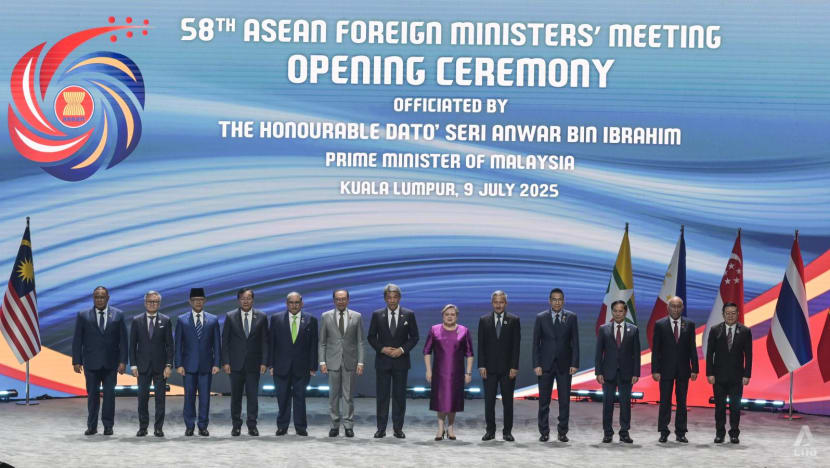 Senior attendees pose for the group photo during the opening ceremony of the 58th Association of Southeast Asian Nations (ASEAN) Foreign Ministers' meeting and related meetings at the Convention Centre in Kuala Lumpur on July 9, 2025. (Photo: CNA/Fadza Ishak)
Senior attendees pose for the group photo during the opening ceremony of the 58th Association of Southeast Asian Nations (ASEAN) Foreign Ministers' meeting and related meetings at the Convention Centre in Kuala Lumpur on July 9, 2025. (Photo: CNA/Fadza Ishak)
Due to varied economic exposure and political calculations between the member nations, Khoo was also doubtful of a fully unified ASEAN response, suggesting informal alignment among affected nations or a shared diplomatic stance with Washington instead.
“The key test will be whether ASEAN can move beyond statements of concern to coordinated economic strategy, something that will require sustained political commitment,” she said.
Khoo said that institutional reform, political will, and a clearer articulation of collective interests are essential if ASEAN hopes to remain relevant in an increasingly contested global environment.
“This meeting may not resolve structural weaknesses overnight, but it does offer a foundation to build on, if member states are prepared to act on the momentum,” she said.
Dzakwan also said that the meeting's ultimate significance remains to be seen.
"If this is just a one-time off, it doesn’t necessarily have weight beyond symbolism, but if that meeting is followed by endeavours to push for more cross-political-security and economic pillar coordination, then the meeting deserves more appreciation," he said.
Seah said that by adopting a strategic approach to the current trade upheaval and ensuring foreign and economic ministers engage in dialogue, ASEAN can begin to examine wider and longer-term regional implications, transcending individual national interests.
"The point is not to arrive at an immediate coordinated ASEAN response to tariffs but (to) try to shine a light into what is the endgame that certain actors are aiming for and coordinate a regional position based on international principles of law," she said.




